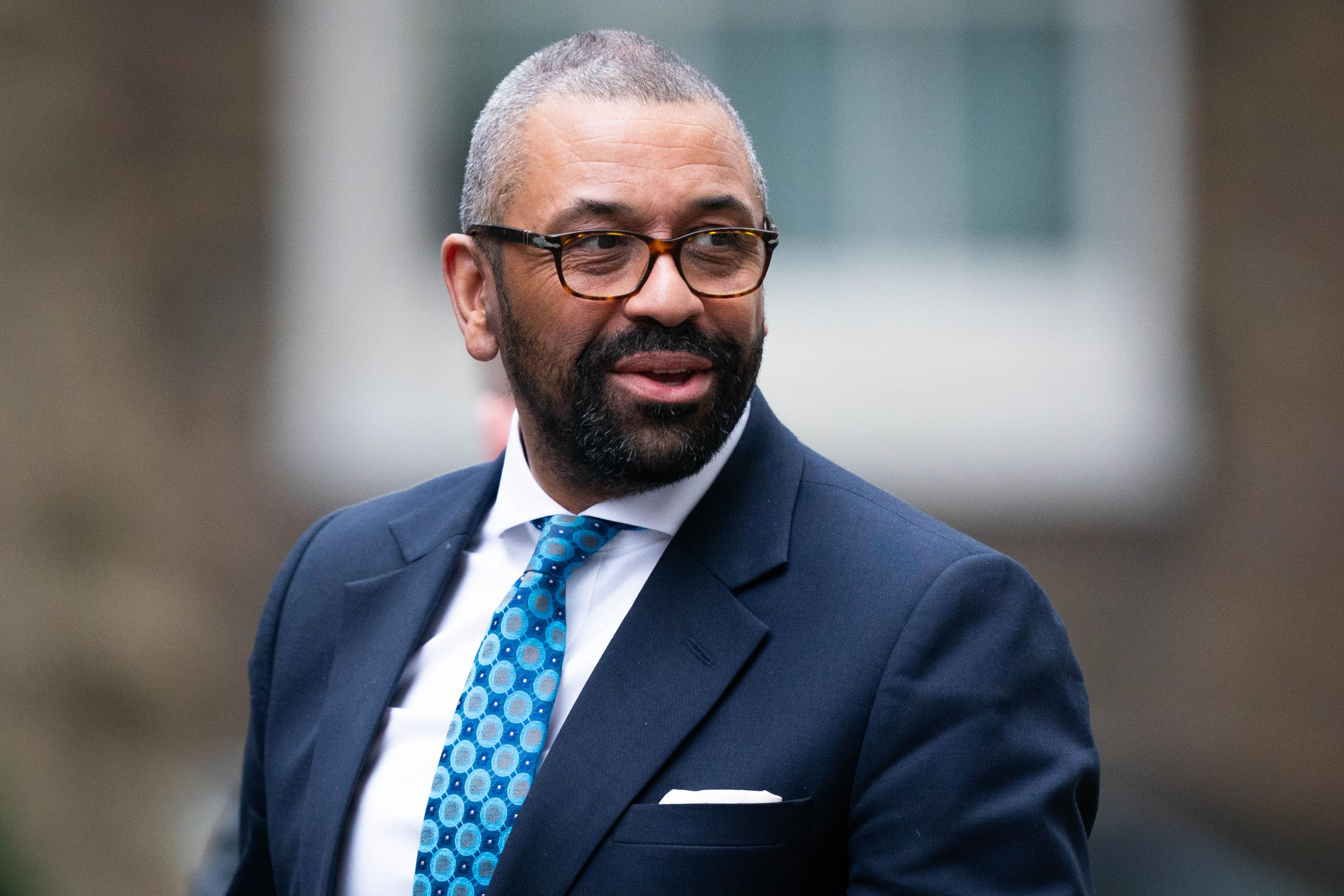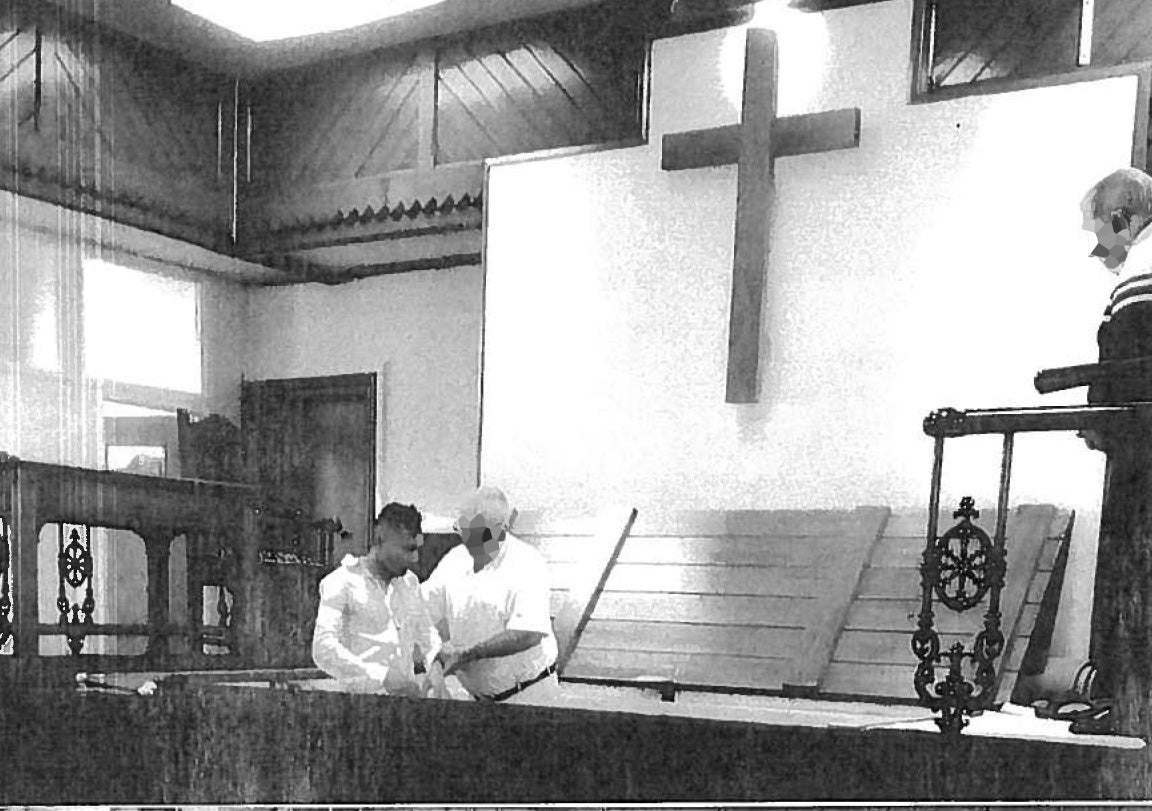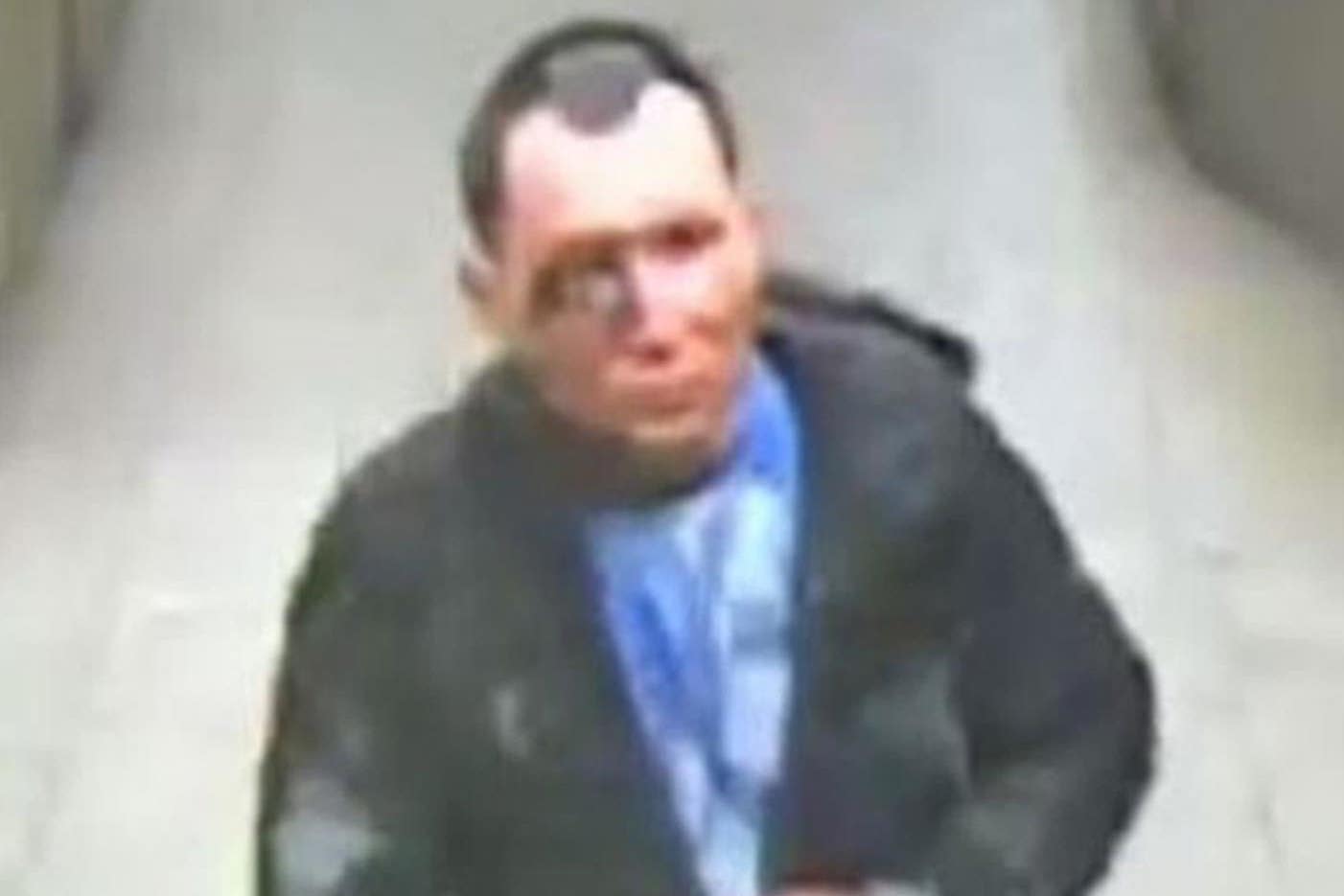James Cleverly issues Easter warning on asylum seekers to church leaders
The home secretary has warned churches after it was revealed how chemical attack suspect Abdul Ezedi was granted asylum with the backing of a Baptist minister

Your support helps us to tell the story
From reproductive rights to climate change to Big Tech, The Independent is on the ground when the story is developing. Whether it's investigating the financials of Elon Musk's pro-Trump PAC or producing our latest documentary, 'The A Word', which shines a light on the American women fighting for reproductive rights, we know how important it is to parse out the facts from the messaging.
At such a critical moment in US history, we need reporters on the ground. Your donation allows us to keep sending journalists to speak to both sides of the story.
The Independent is trusted by Americans across the entire political spectrum. And unlike many other quality news outlets, we choose not to lock Americans out of our reporting and analysis with paywalls. We believe quality journalism should be available to everyone, paid for by those who can afford it.
Your support makes all the difference.The home secretary James Cleverly has warned churches not to allow asylum seekers to exploit the system after the Clapham chemical attack suspect, with the backing of a minister, convinced a judge he had converted to Christianity.
Abdul Ezedi was granted asylum on appeal despite his initial application being refused three years earlier by another judge who did not believe his conversion was genuine.
Ezedi had argued that his new Christian faith could lead to his persecution if he was forced to return to Afghanistan – and he received the support of a Baptist minister from a church he joined in Jarrow, Tyne and Wear.
The appeal ruling allowing him to stay came after he received a suspended sentence and was put on the sex offenders register when he pleaded guilty to one charge of sexual assault and one of indecent exposure.
On Sunday, in a message to church leaders at Easter, James Cleverly said there was a “real difference” between welcoming a new member of the congregation and “vouching for a person in an asylum tribunal”.

Mr Cleverly called on church leaders in the wake of the case of Ezedi, who was found dead in the River Thames following a manhunt launched after he was suspected of spraying his ex-girlfriend and her two young children with alkali.
Writing in The Sun on Sunday, Mr Cleverly said: “Even the church has said they share our mission to stop the boats.
“We have met with the senior church leaders to explain Christian conversion is no guarantee of asylum being granted and we’ve stressed there is a real difference between welcoming new members to a flock and vouching for a person in an asylum tribunal.”
He added: “Allowing people to exploit the system risks detracting from the invaluable work Christians and the church do every day for our society – today of all days.”
Details of the Ezedi case were only revealed following media applications for immigration tribunal court papers.
The 35-year-old arrived in the UK in 2016 and applied for asylum. He then started attending Grange Road Baptist Church in February and went on to complete an Alpha course in Christianity, before he was baptised in June 2018.

His baptism came after a judge, in 2017, refused to believe his conversion to Christianity was genuine and rejected his asylum bid. However, three years later, a different judge concluded Ezedi’s conversion was genuine, despite concerns about his honesty.
Mr Cleverly indicated he backed greater transparency over asylum decisions.
“We were right to reject the asylum claims of the Clapham alkali attacker, twice, and believe a light shone on independent asylum tribunal decisions is needed,” he said.
The Archbishop of Canterbury Justin Welby has previously said there is “no evidence” to support claims the Church of England is “subverting the asylum system” by allowing spurious conversions to Christianity.
The church has been accused in recent months of allowing “industrial-scale” numbers of migrants to be baptised, enabling them to claim they would be persecuted in their home country because they were now Christians.
Earlier this month, the most rev Welby told Times Radio he had seen “no evidence” of this occurring, only “assertions”.
He added: “We wrote to the Home Office and they said they had no evidence to show us.”